According to the Huangdi Neijing (Yellow Emperor’s Inner Canon), “The liver is the general of the body, strategizing and planning!” The liver can be considered the general of the human body, orchestrating daily operations and making decisions from afar. As one of the six fu organs, the gallbladder not only stores and excretes bile but also plays a crucial role in decision-making. Although small in size, its functions should not be underestimated. People often say, “The liver and gallbladder reflect each other,” which seems to convey a heroic spirit, but in reality, the liver and gallbladder are quite delicate and can easily become dysfunctional. How should we treat this?
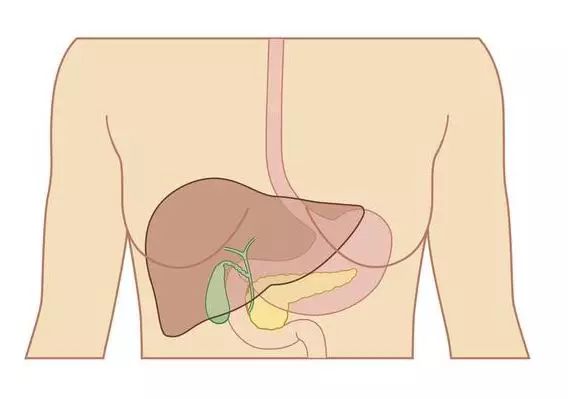
How Does Traditional Chinese Medicine Treat Liver Qi Stagnation?
Liver Qi stagnation presents with symptoms such as rib-side distension and pain, pain in unspecified locations, mental depression, emotional instability, irritability, abdominal distension, reduced appetite, belching, nausea or vomiting, irregular bowel movements, menstrual irregularities in women, breast distension and pain, a white tongue coating, and a wiry pulse.
Commonly used herbs include Chai Hu Shu Gan San (Bupleurum Powder to Spread the Liver) (Chen Pi, Chai Hu, Xiang Fu, Zhi Qiao, Chuan Xiong, Shao Yao, Zhi Gan Cao) with modifications.
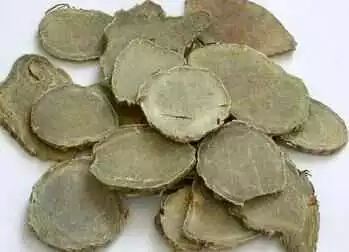
① For severe rib pain, add Qing Pi (Green Tangerine Peel), Yu Jin (Curcuma), and Jin Ling Zi San (Toosendan Powder) (Chuan Lian Zi, Yan Hu Suo).
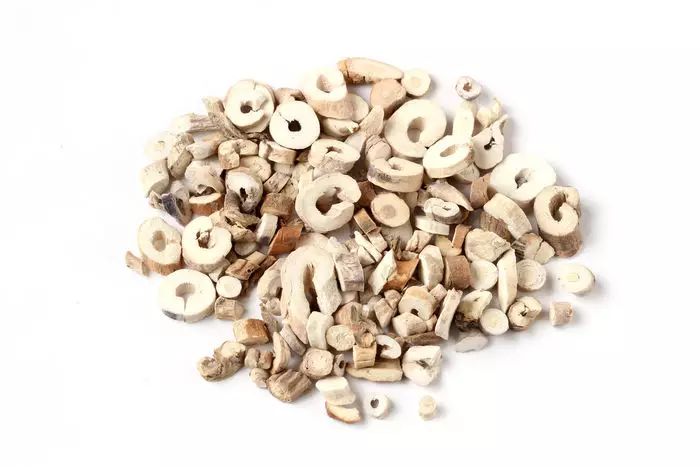
② If Qi stagnation transforms into fire, causing irritability, bitter taste in the mouth, yellow urine, constipation, red tongue with yellow coating, and a wiry and rapid pulse, add Dan Pi (Moutan Root), Zhi Zi (Gardenia), and Huang Lian (Coptis).
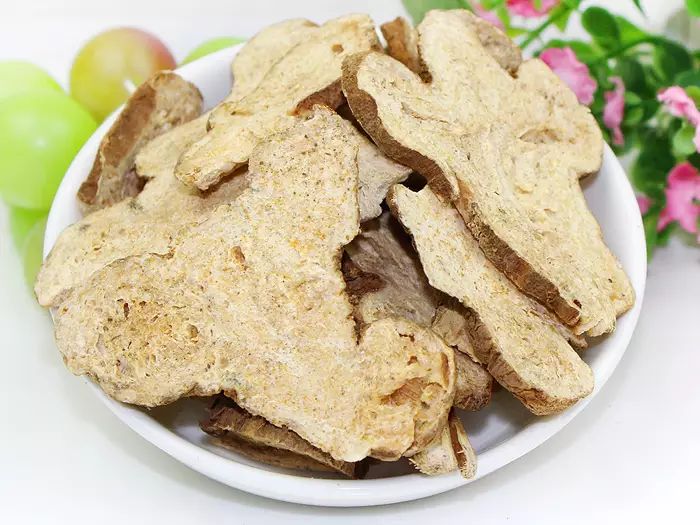
③ If liver Qi is rebellious and spleen function is impaired, leading to diarrhea and borborygmi with loose stools, add Bai Zhu (Atractylodes) and Fu Ling (Poria).
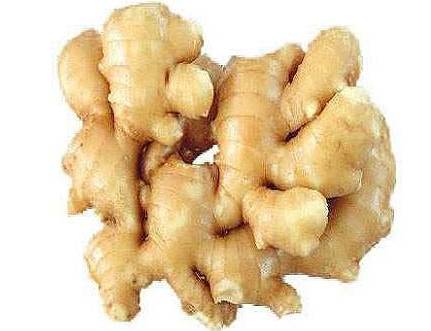
④ If liver Qi invades the stomach, causing disharmony and downward movement failure, leading to nausea and vomiting, add Ban Xia (Pinellia), Sheng Jiang (Fresh Ginger), and Sha Ren (Amomum).
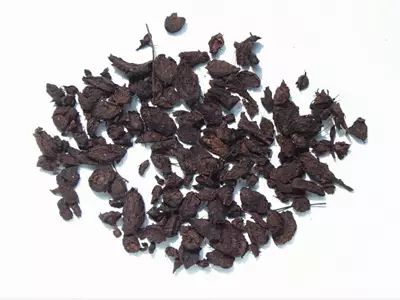
⑤ If liver Qi stagnation is accompanied by dampness, blood stasis, fire, or food stagnation, use Yue Ju Wan (Escape Restraint Pill) (Xiang Fu, Cang Zhu, Chuan Xiong, Zhi Zi, Shen Qu) to move Qi and relieve stagnation.
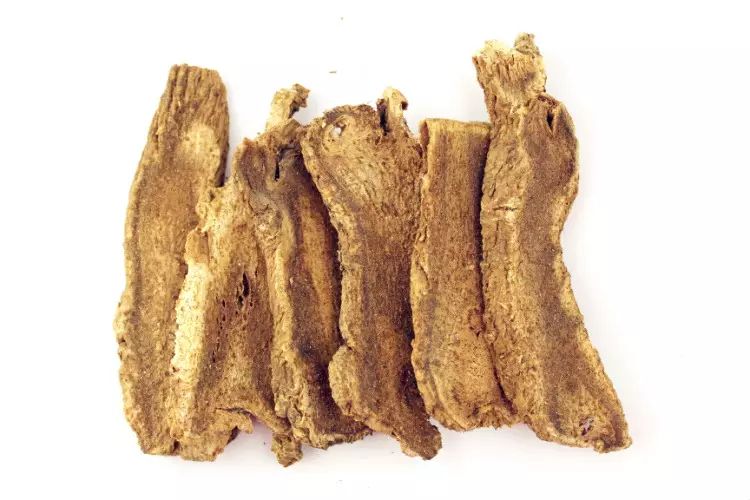
⑥ If liver meridian Qi and blood are stagnant, with internal cold dampness, leading to small intestine hernia, testicular swelling, unilateral cold pain, and pain radiating to the navel and abdomen, one should move Qi to relieve pain, warm the meridians, and disperse cold and masses. Commonly used formulas include Ju He Wan (Tangerine Seed Pill) (Ju He, Hai Zao, Kun Bu, Chuan Lian Zi, Tao Ren, Hou Po, Zhi Shi, Mu Xiang, Yan Hu Suo, Mu Tong, Gui Xin), Tian Tai Wu Yao San (Cyperus) (Xiao Hui Xiang, Tian Tai Wu Yao, Mu Xiang, Qing Pi, Gao Liang Jiang, Bing Lang, Ba Dou fried with Chuan Lian Zi), Dao Qi Tang (Chuan Lian Zi, Mu Xiang, Hui Xiang, Wu Zhu Yu), and Nuan Gan Jian (Warm the Liver Decoction) (Xiao Hui Xiang, Dang Gui, Gou Qi Zi, Rou Gui, Wu Yao, Chen Xiang, Fu Ling).
Get more exciting content!


